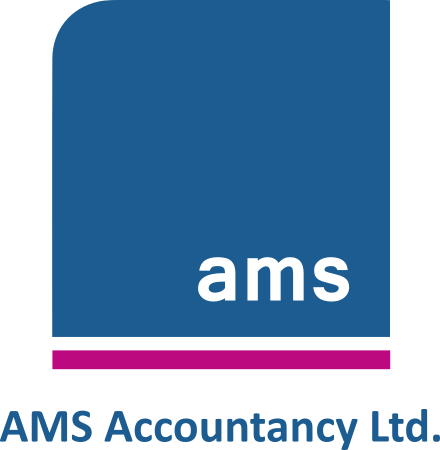When setting up a business it is important to make sure that your bookkeeping system is suitable for your type of business – and also for your skills. It should enable you to extract useful information (e.g. how much money have I got in the bank; who owes me money?) and also enable you to comply with legislation (e.g. submit accurate VAT returns; for companies, directors have a statutory duty to maintain accounting records).
What transactions do I need to record?
Basically, you need to record all business transactions. This includes sales invoices, supplier invoices, all bank and cash transactions, salary payments and personal drawings/dividends. The basic task of a bookkeeper is recording the bank transactions and reconciling your records to your bank statements. For a very simple business, it is often not necessary to record invoices but to, instead, just keep a ‘cash book’ – which is a record of bank transactions details such as: date; payee/payor (i.e. who are you paying/who is paying you); amount; description of transaction; VAT and Net (if VAT registered). For a bigger business you will need a Sales Ledger and/or a Purchase Ledger – to record and keep control of what invoices are invoiced, paid and unpaid – and that is when a more sophisticated system like accounting software is useful.
Should I use manual records, a spreadsheet or cloud accounting?
Cloud accounting systems, if set up and used correctly from the beginning, can save bookkeeping time especially with the use of bank feeds whereby bank transactions are fed directly into the bookkeeping system thus saving input time. They also enable your accountant to easily see your records – in real time. And, also, they include a link to be able to file Making Tax Digital (MTD) information directly – such as your VAT returns and, in future, quarterly accounts. They do charge a monthly subscription – and they still require effort and discipline – no matter how attractive the TV adverts are. Spreadsheets are free and easy to understand and to use – and are still popular for small (one person) uncomplicated businesses. Many accountants provide their own Excel templates and also use ‘bridging software’ to help clients submit VAT returns and comply with MTD. Manual records are very ‘old-school’ and are probably only useful if you have a very small amount of self-employed income that you want to record directly into your Self Assessment Tax Return.
How often should I do my bookkeeping?
Regularly. You need to remain on top of any money owed to you – and chase it, and also you need to know how much money you owe to suppliers/HMRC. Also, once you fall behind, it can easily become a mountainous task which is left until you have a big chunk of time for catching-up – which never happens. Discipline is key – and setting aside regular, small amounts of time is much better than planning for a big catch-up. At the very least, if you are VAT registered, you need to be up to date every quarter.
What can I do to reduce fees?
Making sure that you get your bookkeeping correct right from the start can save a lot of time down the line. We – like most accountants – are happy to review the bookkeeping and give advice. But poor – or non-existent – bookkeeping obviously increases work for your accountant.
How does the Government’s Making Tax Digital (MTD) programme affect my bookkeeping?
MTD is forcing businesses (and landlords) to keep their records in digital form. All VAT registered businesses currently have to do this and non-VAT registered businesses and landlords with sales/rents of over £10,000/year will have to comply from April 2026 (at the earliest). This is driving the rise of cloud accounting software but, currently, other electronic records – like spreadsheets – are acceptable, so long as they work alongside a coded spreadsheet known as ‘bridging software’. So, spreadsheets and desktop-based/non-cloud software are still popular methods of bookkeeping.
How can I get help?
You should ask your accountant for guidance. They can review the records and offer solutions to any queries you may have. They can also ensure you are using appropriate accounting codes and allocating the costs correctly. By making sure everything is being correctly allocated at the start, you save problems later on. Finally, you could also pay for a professional to prepare your bookkeeping for you. Ask your accountant or other business owners for recommendations. For more information on how we can help your business either have a look at our bookkeeping services or simply get in touch to discuss your requirements.
